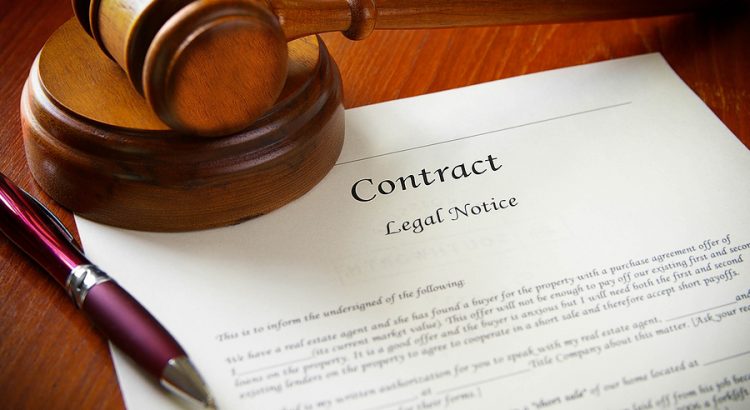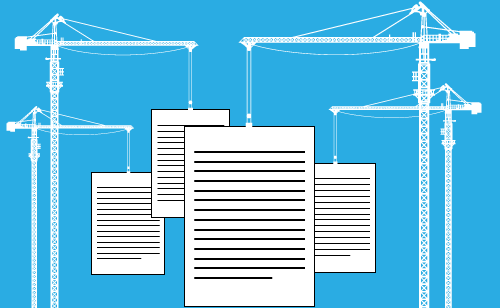Article written by HPB Lega, legal news & articles

A contract is an agreement between two or more people who have a lawful objective to do something or purchase a product in exchange for a corresponding exchange of value.
For a contract to be legal they will have to fulfil the following elements:
Offer and acceptance – A contract will become legal when an offer by one party is accepted by another party.
Intention to create legal relations – Both parties must decide to enter a legally binding agreement
Consideration – There should be value for the promise of the other party. In this case the price should be something of value, but it doesn’t have to be monetary.
Legal capacity – Not all people are free to enter a contract for it to be valid. For example, minors, people who are mentally impaired, will involve problematic consent.
Consent – Each party must enter into the contract at their own free will and with proper understanding.
Illegal and void contracts – Certain types of contracts are illegal according to common law and therefore will not be binding. For example, contracts that involve committing a crime or fraud etc.
There are two main forms of recovery (compensation) when a contract is breached. Firstly, The party can receive damages or money to the value the party would have received if the contract had not been breached. Secondly, the party can request specific performance or that the other party must carry out their obligations under the agreement that was made.




